Market Thesis
We are moving into an era where all ways to make or save energy will get to compete fairly, at honest prices, regardless of their type, technology, size, location, and ownership.
With decentralization as a key macroeconomic theme, consumers will ultimately become prosumers (meaning they will produce and consume energy) and participate in the energy markets via “smart grid”. Proliferation of physical infrastructure and data sources in the grid (distributed generation assets, microgrid systems, energy storage, demand response enabled smart meters and appliances, and more), has put pressure on the energy system to move away from a central utility or grid operator-controlled model. Instead, focus has recently turned to “transactive energy”. Which, enabled by software, will allow these interwoven and interconnected devices and systems to interact and transact on an efficient “free-market” based exchange.

Investment Thesis
Symbiont Energy is committed to the practice of Impact Investing, and manages an several equity funds that deploy capital into sustainable energy projects.

Intentionality
Our intention to make a positive social or environmental impact through our investments.

Investment with Return Expectations
Our investments are expected to generate a reasonable financial return on capital.

Impact Measurement
We are committed to measuring and reporting the social, financial, and environmental performance and progress of underlying investments, ensuring transparency and accountability.
We invest with partners who want to achieve a sustainable competitive advantage
Sometimes referred to as “sustainable investing”, ESG (environmental, social and corporate governance) investing is an umbrella term for those investments that, in addition to aiming for positive returns, seek to have a positive and sustainable impact on the environment, society and business performance. Our belief is that that companies that comply with high standards of environmental, social and governance standards should outperform in the long-run.

Our Transaction Team adheres to the disciplined principles of Project Finance.

Stand-Alone
Each Project is an independently run company, and can be operated successfully because of the strength of its contractual framework.

Non-Recourse
Each Project is financed on a non-recourse basis. Meaning it is able to receive financing based on the merits of the Project Company alone, without additional loan guarantees.
Symbiont Energy will seek to raise non-recourse debt against the projects in order to successful deliver investor expected returns.
Collaborators
At Symbiont, and consistent with our market theses, we believe that decentralization is a macro-economic theme that will drive evolutions of markets and business theory. A gig economy is a free market system in which temporary positions are common and organizations contract with independent works for short-term engagements. The term “gig” is a slag work meaning “a job for a specified period of time.” This theory influences how we staff the organization.
In a gig economy, businesses save resources in terms of benefits, office space and training. They also have the ability to contract with experts for specific projects who might be too high-priced to maintain on staff. From the perspective of the freelancer, a gig economy can improve work-life balance over what is possible in most jobs. Ideally, the model is powered by independent workers selecting jobs that they’re interested in, rather than one in which people are forced into a position where, unable to attain employment, they pick up whatever temporary gigs they can land.
As such, Symbiont Energy, LLC has no W-2 employees, rather we have identified, retained, and have ready access to a pool of high performing collaborators (who may be employed by other organizations) but are covered under contracts with Symbiont Energy. These folks are committed to the vision and mission of Symbiont Energy, and share a common set of values.
